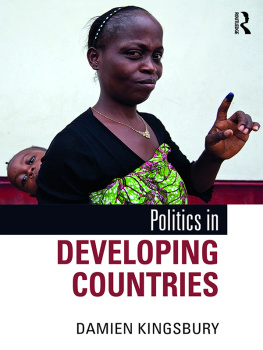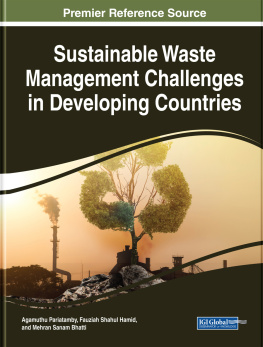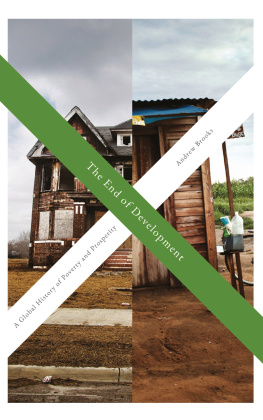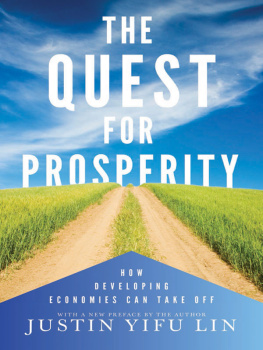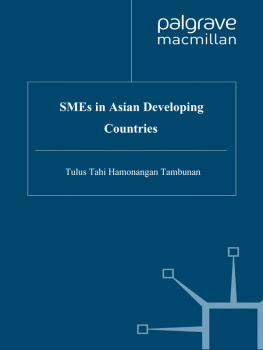Tax Justice and Global Inequality: Practical Solutions to Protect Developing Country Revenues (International Studies in Poverty Research)
Here you can read online Tax Justice and Global Inequality: Practical Solutions to Protect Developing Country Revenues (International Studies in Poverty Research) full text of the book (entire story) in english for free. Download pdf and epub, get meaning, cover and reviews about this ebook. year: 2020, publisher: Zed Books, genre: Politics. Description of the work, (preface) as well as reviews are available. Best literature library LitArk.com created for fans of good reading and offers a wide selection of genres:
Romance novel
Science fiction
Adventure
Detective
Science
History
Home and family
Prose
Art
Politics
Computer
Non-fiction
Religion
Business
Children
Humor
Choose a favorite category and find really read worthwhile books. Enjoy immersion in the world of imagination, feel the emotions of the characters or learn something new for yourself, make an fascinating discovery.

Tax Justice and Global Inequality: Practical Solutions to Protect Developing Country Revenues (International Studies in Poverty Research): summary, description and annotation
We offer to read an annotation, description, summary or preface (depends on what the author of the book "Tax Justice and Global Inequality: Practical Solutions to Protect Developing Country Revenues (International Studies in Poverty Research)" wrote himself). If you haven't found the necessary information about the book — write in the comments, we will try to find it.
In the wake of the Panama Papers scandal and similar leaks, tax havens are now firmly in the spotlight. Today, roughly half of all global trade still passes through tax haven jurisdictions, costing millions in lost revenue to countries around the world. Such practices affect all of us, but are most keenly felt by poorer people in developing countries, where unfair tax practices have become a major obstacle to development, and which have allowed multinational corporations to continue to exploit developing economies. This collection argues that, for developing countries to achieve social justice and lasting prosperity, they must take control of their own tax destinies, and that this will also be crucial to achieving the Sustainable Development Goals.
Covering such topics as natural resource management, representation in global tax institutions and effective strategies for building and protecting tax bases, the collection brings together expertise from a variety of countries and disciplines. It explores the options available to developing countries, and provides a basis for concerted action by tax authorities, policy makers, academics and civil society experts to design tax systems that can sustain a just society.
Unknown: author's other books
Who wrote Tax Justice and Global Inequality: Practical Solutions to Protect Developing Country Revenues (International Studies in Poverty Research)? Find out the surname, the name of the author of the book and a list of all author's works by series.

